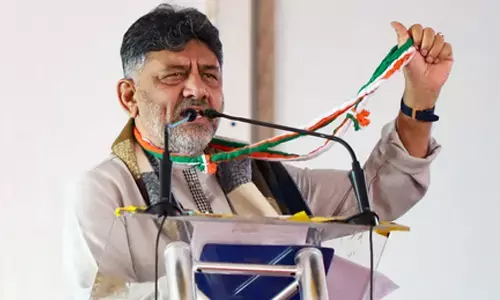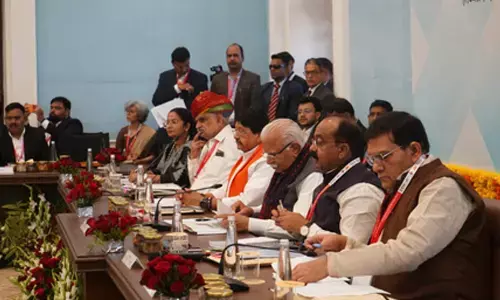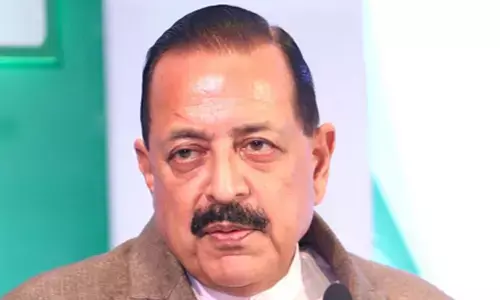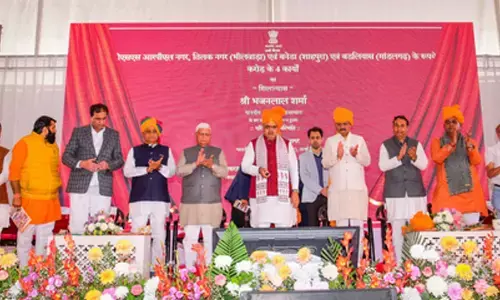G20 Health Ministers call for building resilient, equitable access to affordable medicines in developing world
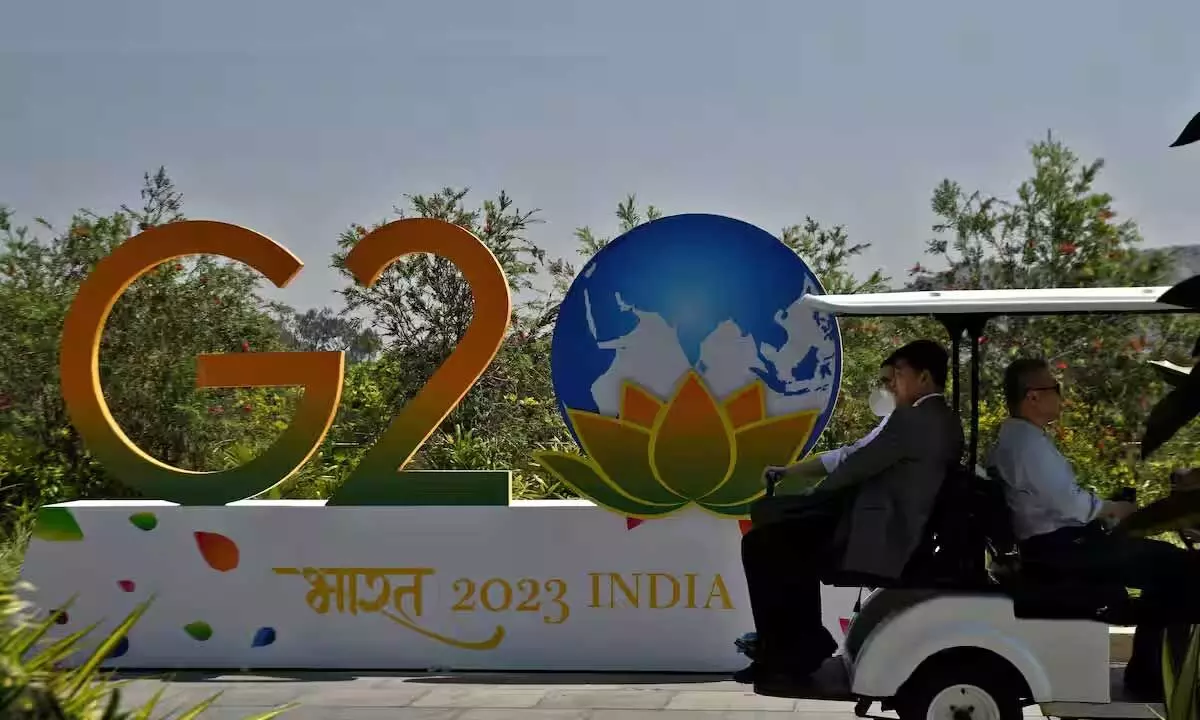
The G20 Health Ministers meeting saw consensus on building more resilient, equitable and inclusive health systems with equitable access to safe
New Delhi: The G20 Health Ministers meeting saw consensus on building more resilient, equitable and inclusive health systems with equitable access to safe, quality-assured and affordable vaccines, therapeutics, diagnostics, and other medical countermeasures, especially in low and middle income countries and small island developing states.
The outcome document comprises 25 paragraphs, which were unanimously agreed to by all G20 delegations, except for paragraph 22, which pertains to the chair's summary, and was focused on the geopolitical situation in Ukraine. According to the outcome document released after the meet in Gandhinagar on August 19, consensus was built on setting up research and development and manufacturing network for vaccines, therapeutics, and diagnostics, along with setting up a platform for making open-source and inter-operable digital solutions readily available. The health ministers also look forward to a successful outcome of the ongoing negotiations in the inter-governmental negotiating body (INB) for a legally binding WHO convention, agreement or other international instrument on pandemic prevention preparedness and response, by May 2024.
The health ministers recognised the need to enhance the resilience of health systems against the impact of climate change and committed to prioritising climate-resilient health systems development, building sustainable and low-carbon/low greenhouse gas (GHG) emission health systems and healthcare supply chains that deliver high-quality healthcare, mobilise resources for resilient, low-carbon sustainable health systems, and facilitate collaboration, sources said. The G20 members committed to tackling AMR (antimicrobial resistance) comprehensively following the One Health approach through strengthening multi-sectoral governance, coordination; research and development (R&D); infection prevention and control (IPC); water, sanitation and hygiene (WASH); improving awareness of AMR; promoting responsible use of antimicrobials, including preserving the existing therapeutics across humans, animals and plant sectors through antimicrobial stewardship.
They also recognised the potential role of evidence-based traditional and complementary medicine (T&CM), and take note of WHO's efforts in this direction, including global and collaborating centres, and clinical trial registries, sources said. They acknowledged the potential of evidence-based T&CM practices in public health delivery systems, provided they are rigorously and scientifically validated to be safe and effective as per WHO TM Strategy 2014-23, extended till 2025. The G20 member states also realised the significance of digital health and health data modernisation in strengthening healthcare systems and making health services accessible and equitable to all, including recognising the work of many institutions towards digital transformation of health systems, but they are primarily operating in silos leading to reduced country-level impact, sources said.
They recommended that the existing digital health initiatives are closely coordinated to complement and support an interconnected digital health ecosystem and committed to supporting the WHO's efforts to establish the Global Initiative on Digital Health which will support the implementation of WHO member-states endorsed WHO's Global Digital Health Strategy 2020-2025. Ministers noted that global initiative on digital health, as a WHO-managed network, can help reduce fragmentation, provide convergence of digital health initiatives and voluntary funds, including through promotion of interoperable open source and open standard digital solutions as defined in the WHO Global Strategy on Digital Health. They also acknowledged that the initiative will support countries to plan and implement high quality digital health systems and facilitate patients to access healthcare services based on a people-centric approach.











